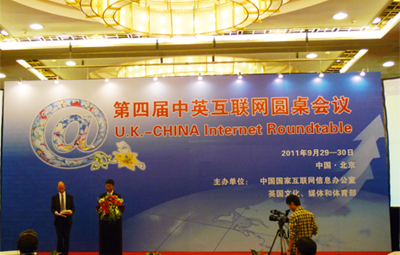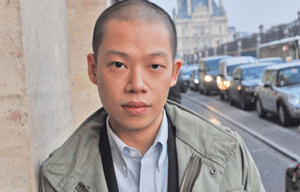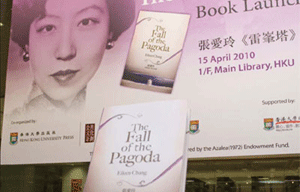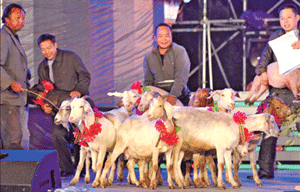HK not a dream destination for mainland graduates
Updated: 2011-10-01 08:41
By Ming Yeung (China Daily)
|
|||||||||
HONG KONG - The low employment rate of Chinese mainland youths, who have graduated from Hong Kong universities, is driving talents away from Hong Kong, although most of them would want to work in the city.
A survey by Hong Kong Association of Mainland Graduates in 2008 shows the employment rate of mainland graduates in Hong Kong was about 18 percent.
The survey was conducted after the Hong Kong government relaxed restrictions on mainland youths studying and working in the city.
In 2008, the Hong Kong Immigration Department started extending visas of mainland students who had earned at least a bachelor's degree from a Hong Kong university by one year.
Association president Geng Chunya says about half of the mainland graduates have chosen to get their visas extended in the past two years, but only about 50 percent of them have stayed back for the entire extension period.
"The low entry salary for mainland graduates is one of the main reasons driving them away, not to mention the strong revaluation of the yuan," Geng says, adding that a master's degree holder from the mainland can earn only about HK$10,000 a month.
The narrow range of careers on offer, too, is unfavorable not only to the mainland youths, but also to all young graduates in Hong Kong. "Only graduates in financial and arts subjects have a more satisfactory employment rate."
"It's a social problem," he says. "If the Hong Kong government does not improve employment of young people and (take measures to) upgrade their vocational capability, then talents will simply leave Hong Kong for greener pastures."
Lisa Xu, a mainland resident who earned a master's degree in journalism from the University of Hong Kong (HKU), is among those who have chosen to stay back in Hong Kong.
The Hangzhou native has been working for HKU for two months and is in charge of its knowledge exchange and communications program. She is satisfied with the working condition but does not rule out the possibility of leaving Hong Kong in the future.
"I have gotten used to the life here and I am enjoying it. I won't consider working elsewhere at the moment unless the offer is irresistible," Xu says.
Half of her 30 classmates went back to the mainland in search of brighter career prospects, but some of them returned to the city within a year for which their visas had been extended.
Geng says that undergraduates have a better future in Hong Kong than their postgraduate counterparts. "Up to now, there are only 1,500 mainland students attending bachelor degree programs funded by the University Grants Committee. But the number of mainland students attending master's degree programs is about 10,000."
Robin Sun came to Hong Kong from Hangzhou in 2004. He earned a bachelor's degree in engineering from Hong Kong Polytechnic University before joining a master's degree program in logistics management at HKU in 2008.
Unlike Sun's peers attending master's programs, many of his mainland classmates in his bachelor's program preferred to stay in Hong Kong partly because it would be easier for them to become permanent residents of the Hong Kong Special Administrative Region (SAR) if they stayed for another four years in the city.
According to Hong Kong's Immigration Ordinance, "a Chinese citizen who has ordinarily resided in Hong Kong for a continuous period of not less than seven years before or after the establishment of the HKSAR" can enjoy permanent right of abode.
But what can they gain by becoming permanent residents of Hong Kong? Sun says: "Hong Kong passport allows us to access other parts of the world more easily. And that's why I do not intend to return to the mainland any time soon," Sun said.










